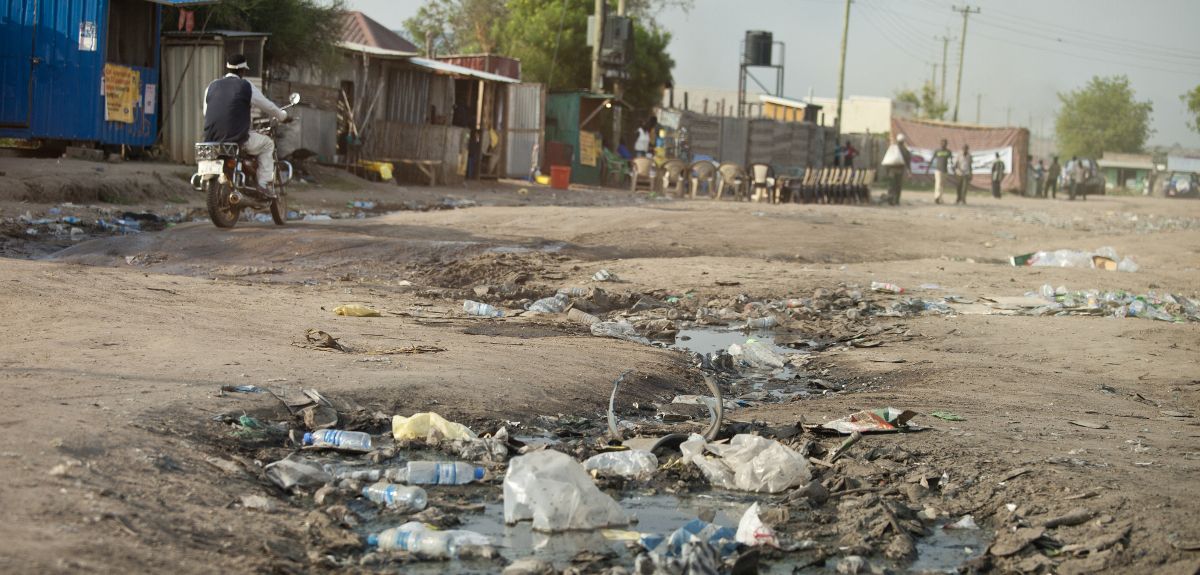
Image credit: John Wollwerth/ Shutterstock
Typhoid vaccine volunteers sought
Think 'Typhoid' and you may picture 19th century slums, but the killer disease, while now vanishingly rare in the developed world, still kills more than 200,000 people each year. That's why Oxford University scientists are asking for volunteers to help test a possible new vaccine for the disease.
Typhoid fever is caused by the bacteria Salmonella Typhi, related to but very different from the Salmonella that causes food poisoning. Salmonella Typhi is mainly found in developing nations, causing illness in 22 million people each year, most commonly in poorer communities with inadequate clean water and sewage disposal facilities.
There are already vaccines against Typhoid but these are only moderately effective in preventing infection.
Dr Celia Jin, Oxford Vaccine Group
Dr Celina Jin from the Oxford Vaccine Group, part of the Department of Paediatrics at Oxford University, explains: 'There are already vaccines against Typhoid but these are only moderately effective in preventing infection. They are also not licensed for use in young children, who are particularly vulnerable to Typhoid.'
In the Oxford study, 99 healthy adults will be given one of two potential Typhoid vaccines or a 'control' vaccine that does not protect against Typhoid. They will then be given a drink containing live Salmonella Typhi bacteria and will have a number of follow up appointments to see how well the vaccine works at preventing infection. All volunteers will then get a course of antibiotics at the end of the study.
Exposing people to the live bacteria is known as a 'challenge' – around 2000 people in the US and in Oxford have had a Typhoid challenge safely, in the process providing vital information about the disease and how to beat it.
Professor Andrew Pollard, Director of the Oxford Vaccine Group said: 'We have been using the vaccine and challenge process here since 2011. It is a highly effective way to test whether a possible vaccine can provide protection against infection. If this vaccine is shown to work well in the challenge studies, we hope to see it rolled out to prevent infection and save lives in some of the poorest communities in the world.'
To find out more about volunteering visit: http://po.st/TyphVacc , email [email protected] or call 01865 857420.
 Former UK Prime Minister Rishi Sunak to join Blavatnik School of Government’s World Leaders Circle
Former UK Prime Minister Rishi Sunak to join Blavatnik School of Government’s World Leaders Circle
 Wellcome Discovery Award of £5m to fund pioneering research to combat deadly diarrhoea
Wellcome Discovery Award of £5m to fund pioneering research to combat deadly diarrhoea
 The Global Health Network reaches 1 million members
The Global Health Network reaches 1 million members
 First patients scanned in new study investigating traumatic brain injury in young athletes
First patients scanned in new study investigating traumatic brain injury in young athletes
 BMI, blood pressure and physical activity levels in childhood linked to brain differences
BMI, blood pressure and physical activity levels in childhood linked to brain differences